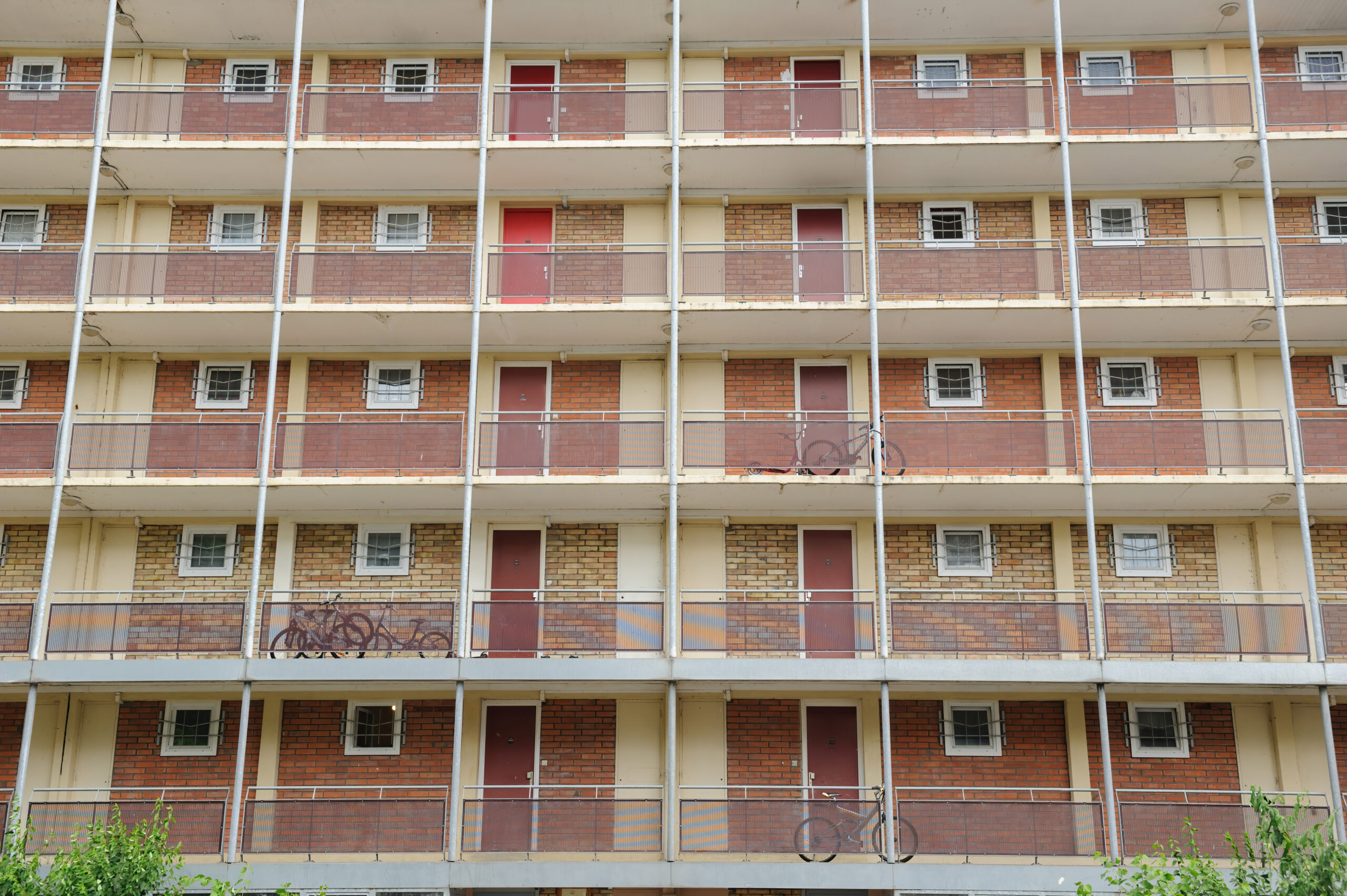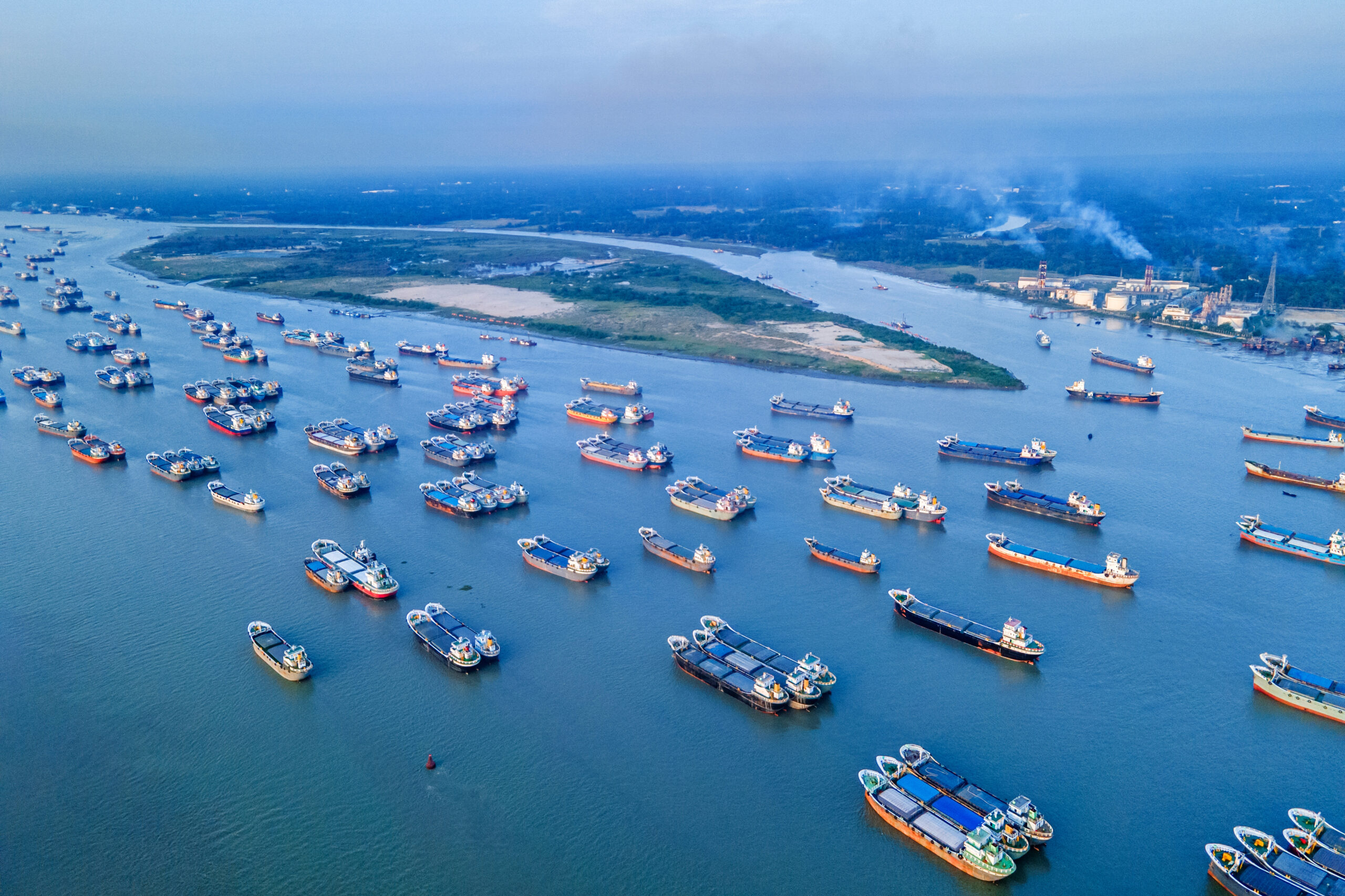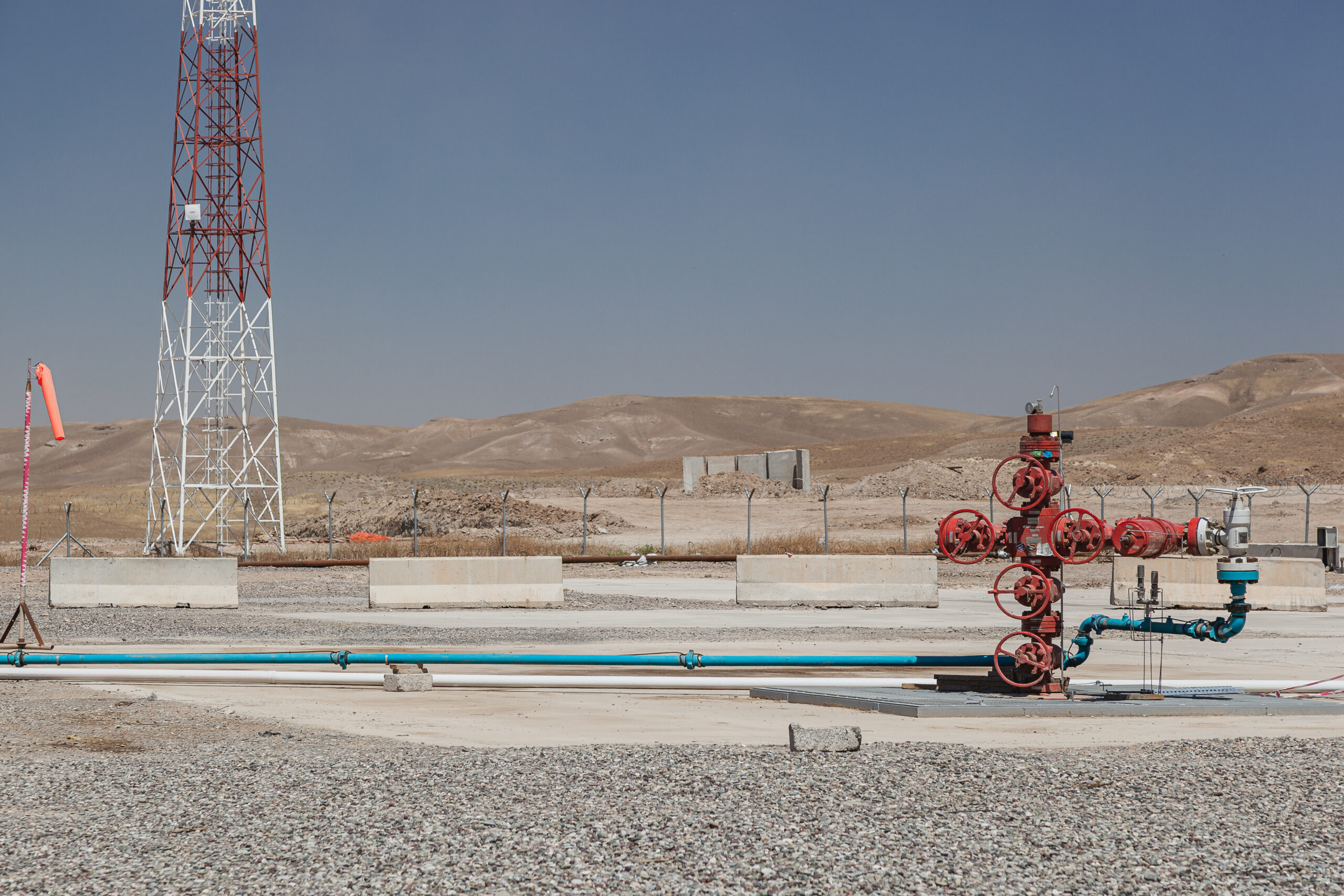France tackles building decarbonization
The French government has launched an ambitious public consultation to phase out fossil fuel heating in buildings and drive building decarbonization.

An ongoing public consultation launched in early June by the French government to tackle building decarbonization by phasing out fossil fuel heating is expected to help cut direct emissions from 64 mt Co2 in 2022 to 30 Mt co2 in 2030, but that target could be ambitious.
In the current political and economic environment, the consultation only highlights the need for a coordinated long-term strategy that aims for both greater energy efficiency and adequate technical choices.
France’s building sector, which covers residential and commercial sites, is responsible for 18% of its direct emissions (of which 58% is attributed to gas), making it the fourth most polluting sector.
According to its base case scenario of 1.9 degrees, consulting firm Rystad Energy expects gas demand from the building sector to drop from an estimated 21 Bcm in 2023, (or 46% of total national demand of 45.89 Bcm) to 13 Bcm in 2030, primarily because of decarbonization efforts.
But the pace and scale of any drop remain uncertain. “Not so many countries in Europe have set clear targets for when they are aiming to phase out gas-fired boilers because it is costly,” Nikoline Bromander, Senior Analyst at Rystad Energy, tells Gas Outlook. “For all this to become clearer, you need signals through governmental support,” she adds.
Bromander stresses that in the current market and geopolitical environment, decarbonization efforts need to step up, especially since Europe imported more LNG to replace Russian gas. “The average emissions intensity of LNG imports in 2022 is estimated to be over 70 kg Co2 per barrel of oil equivalent (boe), while for Russian piped gas the figure was much lower, below 30 kg Co2/boe,” she explains.
Heat pumps
The consultation led by the energy transition ministry says the 2030 target would be reached through a replacement of 75% of oil-fired boilers by 2030. For gas, the consultation mentions a gradual phase-out in commercial and residential sites, which would result in the suppression of a quarter of gas boilers by 2030.
A key alternative is the continued deployment of heat pumps, for which sales rose by 15.8% in 2022 in France, according to European Heat Pump Association. This was partly thanks to existing subsidy schemes and partly because of the energy crisis which negatively impacted the sales of gas-fired boilers. The European Commission itself is currently running its own consultation as part of its upcoming EU Heat Pumps Action Plan.
However, heat pumps can only work with improved energy efficiency of houses and buildings because they produce heat typically at 40-45 degrees Celsius, compared with up to 80 degrees Celsius with gas and oil-fired boilers, according to Andreas Rüdinger, Coordinator for the energy transition in France at the Institut du Développement Durable et des Relations Internationales. “A lot of insulation work is needed to reduce the heating volume that you need to decarbonize,” he said.
Efficiency measures are even more key as a significant part of the building sector in France is based on electric heating. “There is a distinctive challenge with managing peak electricity demand on the coldest days of the year. The impact may be very low if buildings are properly insulated. It may be possible to heat overnight when demand is low, retain this heat, and therefore reduce peak power demand with the right price signals.”
Other options are mentioned such as biogas and biomass. Biogas could replace 15% of natural gas in the distribution system by 2030, says the consultation. But for sceptics, these molecules, if available, might be better suited to specific sites or to other, harder to abate, sectors like industries for electricity production, heat generation or as a feedstock.
Politically sensitive
Plans to decarbonize the building sector remains politically sensitive. The government has been treading carefully by postponing the consultation in 2022 which was an election year dominated by an unprecedented energy crisis. The challenge is to roll out retrofits at existing buildings on a large scale.
In this regard, an upgrade on an existing public subsidy scheme called ‘Ma Prime Renov’ in June which links heat pumps subsidies to at least one insulation investment is seen as a welcome step.
Before this, the French government had already ended subsidies for fossil fuel heating, and new oil-fired boilers were banned in July 2022. Rüdinger says this could be gradually extended to gas-fired boilers. “We need strong signals by 2035. On new buildings, to avoid lock-in effects, there should be no new gas and fossil fuels boilers by 2025. For existing ones: at what point in time do we want to prevent people who have a broken boiler to buy another one? This should be by 2029-2030,” he said.
Policy recommendations and a wider law on decarbonization are expected to be proposed in the autumn once the consultation is closed on 28th July. The consultation has already attracted a lot of scrutiny and criticism, including from the building sector on questions of costs, funding, and impact on its workforce. So crucially, clear communication and a detailed roadmap will also be key if France is to avert any significant political controversy as seen in Germany in recent weeks.
Reporting by Fatima Sadouki; editing by Sophie Davies.



